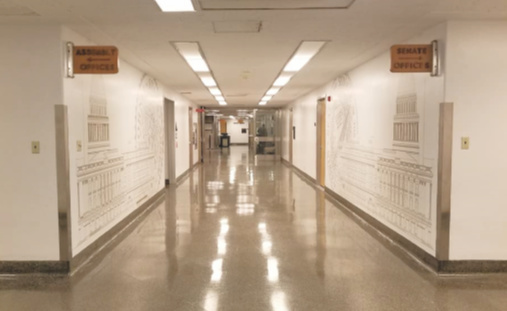The state of California has made headlines for the last few weeks due to teacher strikes and the charter vs. traditional public school debate. The latest headlines have included the pushing of Senate Bill 126 through the State Assembly.
Senate Bill 126 would require that the charter school boards in California meet the same “open meeting, conflict-of-interest and disclosure laws as district school boards, including holding public board meetings, opening records to the public upon request and ensuring board members don’t have a financial interest in contracts on which they vote,” as reported by The Mercury News.
The California Charter Schools Association has taken a neutral position on the bill and Carlos Marquez, the organization’s vice president for government affairs, has described the bill as a “balanced approach”. The bill would not enforce total charter oversight, schools would still be allowed to operate independently but with stronger transparency that equals what is expected of traditional public school districts.
Many charter schools already follow the requirements outlined in the bill, either by choice or by contract in their written charter. This bill would ensure that all charter schools follow these models and increase transparency. While this bill definitely supports the transparency and addresses many of the common concerns over charter schools, it is only a step towards addressing the charter vs. traditional public school divide that exists in the US and in California especially. During both the LAUSD and now the Oakland Unified teacher strikes, the topic of charter schools came up as a main demand by the teachers participating. Both teachers unions are asking for the governing board to limit the growth of charter schools, as they argue it takes funding away from traditional public schools. Because of these pressures, Governor Newsom asked that the Superintendent of Public Instruction “establish a panel to research the impact of charter school growth on district finances,” as further reported by The Mercury News. This group would consist of a group of experts tasked with researching and looking closely at the impact of charter schools on the finances of school districts. This team would report as early as July 1, 2019.
These solutions are meant to provide temporary relief to the major debate around the state of education in California. Regardless of the outcome of the vote, which can be as early as this week, educators and policy makers need to continue working together to share best practices and push forward legislation that is student-centered.
Daniela Felix
Latest posts by Daniela Felix (see all)
- The Importance of Mid Year Data for Teachers, Students, and Families - December 18, 2019
- Las Familias Deben Participar en la Mejora de los Resultados de las Pruebas SBAC de California - December 10, 2019
- La Guia de los Aprendices de Inglés de California es un Recurso Útil para los Maestros - December 4, 2019
- California’s English Learner Roadmap Is a Helpful Resource for Teachers - December 2, 2019
- Families Need To Be Involved in Improving California’s SBAC Test Results - November 27, 2019

